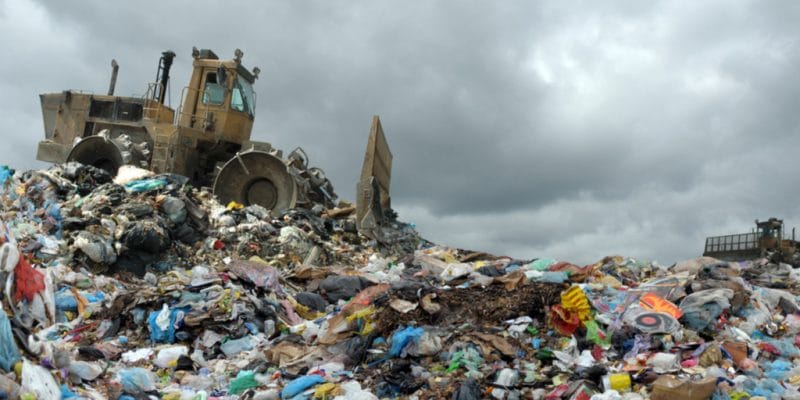In Zimbabwe, the Harare City Government has selected Geogenix BV to build an EPC power plant near the Pomona landfill. The facility could generate up to 22 MW.
Harare, the capital of Zimbabwe, is making progress on its project to convert the waste piled up in the Pomona landfill into energy. The Zimbabwean authorities recently selected the German company Geogenix BV to sign an engineering, procurement and construction (EPC) contract for the power plant. The Zimbabwean Ministry of Local Government and Works approved the agreement between Harare and Geogenix BV on February 15th, 2022.
303.9 million to design and build the future power plant, which will have a capacity of between 16 and 22 MW.
Disposal of 1,000 tons of waste per day
Geogenix BV will also operate the future facility for a period of 30 years before it is transferred to the City of Harare. The implementation of the Pomona Waste-to-Energy project will contribute to Zimbabwe’s objectives of diversifying its electricity mix and decentralizing power generation.
Read Also – AFRICA: the circular economy at the heart of ecosystem preservation
In the process, the project implemented by Geogenix BV will help reduce pollution in the city of Harare, which is exacerbated by population growth. Published in 2016, the study on “Waste Energy Potential in Zimbabwe,” states that the Pomona landfill receives 1,000 tons of waste per day, out of the 1.7 million solid waste produced by Zimbabwe each year. At least 57% of this waste is combustible with a calorific value of 7-8 Mj/Kg.
Inès Magoum







